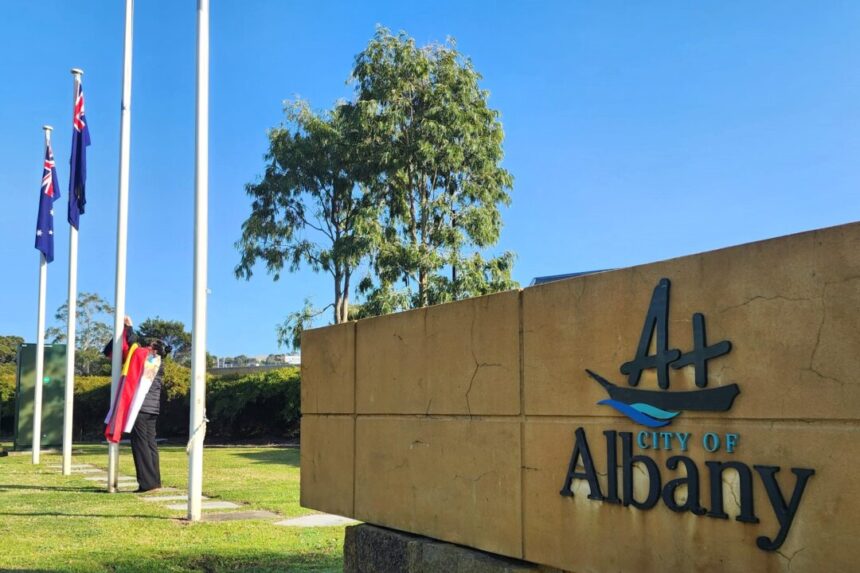Albany Councillor Thomas Brough emphasized, “We can trade with China, but we won’t trade away our principles.”
The regional city of Albany in Western Australia has chosen to sever ties with Linyi, a city in northeastern China, following a decision made by the majority of the council on September 10. Eight councillors voted to end the relationship, with only one voting against it. This move, which came after a review of Albany’s connections with five other cities, indicates a shift in the region’s stance.
Councillor Thomas Brough, who proposed the motion, had also attempted to end Albany’s sister-city relationship in China’s Shandong Province in July 2023, but that vote was defeated 9-3. Brough expressed concerns about the Chinese Communist Party (CCP) potentially using the relationship to enhance its influence in Australia and infiltrate local government.
Brough stated, “Our values—democracy, human rights, and rule of law—are non-negotiable. They’re the foundation of our society and our international relationships. I firmly oppose communism and its oppressive doctrines. It has no place in our free and open Australian society.”
Albany Council’s policy guidelines stipulate that one criterion for a sister city relationship is that potential partners must share similar core values and principles regarding democracy, human rights, and the rule of law. Despite the decision to end the relationship, Brough clarified that it does not mean the cessation of trade or dialogue.
He explained, “It’s about being clear in our relationships. We can engage in trade with China, but we won’t compromise on our principles. This decision reflects our stance—open for business, but unwavering in our fundamental values.”
Albany had entered into a Friendly Cooperative Relationship agreement with Linyi after a delegation from the latter visited in May 2014. The agreement aimed to explore export markets for wine and primary produce from Albany to China, but it did not lead to significant actions. A civic affiliation assessment document revealed that there had been minimal engagement since Albany’s visit to Linyi in 2014, and trade sanctions imposed by the CCP on Australian exports in 2020 further impacted local industries.
The federal government’s call for Australian businesses to diversify away from the Chinese market aligns with Albany’s decision. Foreign Affairs Minister Penny Wong highlighted missed opportunities in Southeast Asia, emphasizing the need for Australian businesses to tap into the region’s growth potential.
Albany’s move to cut ties with Linyi reflects a commitment to upholding democratic values while maintaining open trade relations. The decision underscores the importance of aligning partnerships with shared principles and values. Please rewrite this sentence.
Source link





